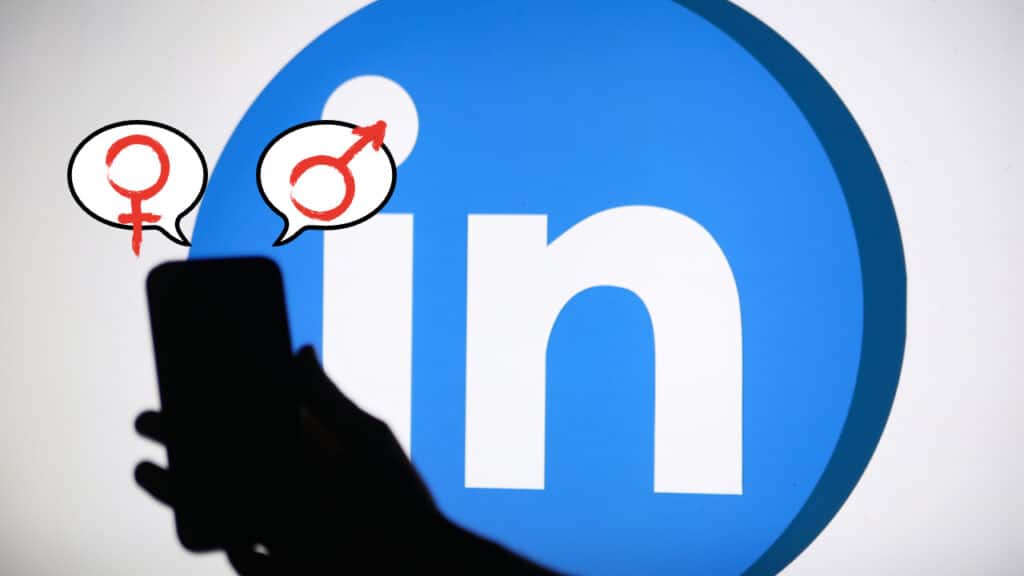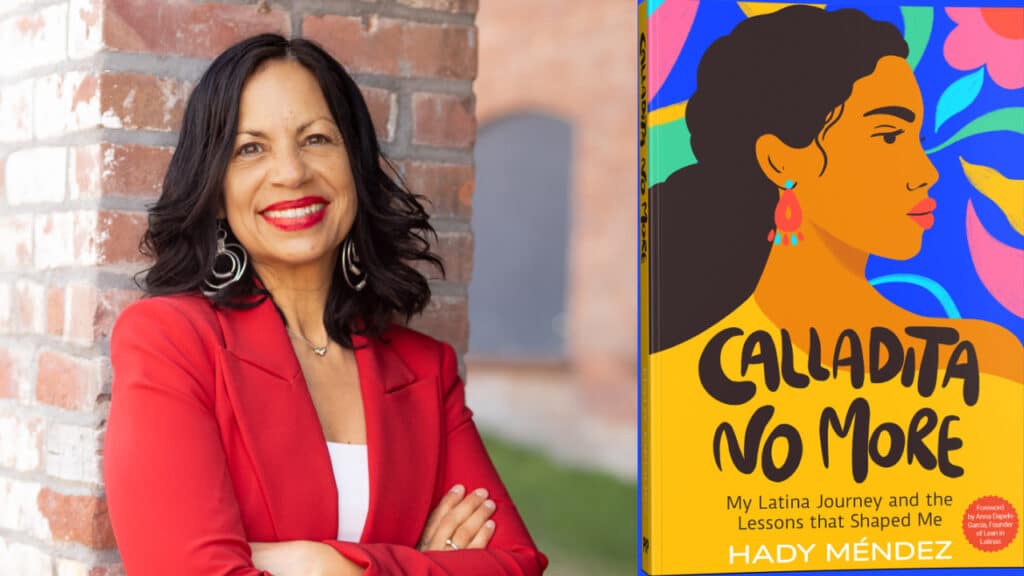
Companies Are Still Hiring Off Vibes, and It’s Screwing Over Women of Color in Job Interviews
You spent weeks prepping. You’ve got the credentials. You nailed every technical question. But the job still goes to someone “friendly” with “great energy.” Sound familiar?
Turns out, your suspicions are valid — and now there’s hard data to back it up.
A new report by Textio, analyzed by HuffPost journalist Monica Torres, reveals that hiring teams across industries are still making decisions based on vibes — and that “vibe” looks very different depending on your gender.
“Great Personality” Might Be the Kiss of Death in Job Interviews
According to Textio’s analysis of over 10,000 interview assessments, candidates who were hired were 12 times more likely to be described as having a “great personality” than those who were rejected. But the feedback didn’t stop there.
Interviewers leaned heavily on personality buzzwords, especially when they liked a candidate. Those who got the job were five times more likely to be called “friendly” and four times more likely to be praised for their “great energy.”
“The data shows hiring managers make offers to people they like, not who’s best for the job,” the report states.

The Gender Bias Is Loud in Job Interviews — and It’s in Writing
Here’s where it gets worse. Even when women land the job, the feedback they receive is steeped in outdated stereotypes.
Textio’s report found that women were 25 times more likely to be described as “bubbly” than men. They were also 11 times more likely to be called “pleasant.” Men, on the other hand, were described as “confident” and “level-headed” — at 7x and 7.5x the rate of women, respectively.
Kieran Snyder, Textio co-founder, put it bluntly: “Being friendly doesn’t get you a leadership opportunity. And so when we assess some groups of people, such as women, especially Black women and Latino women, for these attributes more than others, we inherently set them up for fewer opportunities down the line,” she told HuffPost.
What Happens When Women of Color Are Judged on “Warmth”
The gendered personality tropes are problematic enough. But for women of color, particularly Black and Latina candidates, the stakes are even higher.
While the Textio report didn’t include metadata on race, previous studies and Textio’s own prior research confirm that “double jeopardy” is real. Black women, for example, are nine times more likely to receive feedback that isn’t actionable. They’re also more likely to be labeled “difficult” or “angry,” even when performing at high levels.
Sociologist Lauren Rivera, cited in HuffPost, explains this as a “fraught labyrinth” where women are judged not just for competence, but for how “warm” they are perceived to be — a standard that’s both sexist and racialized.

Ironically, Rejected Candidates Get More Skills-Based Feedback
This is the paradox: feedback that actually reflects your skills often comes after rejection. The same Textio report found that interviewers wrote 39% more feedback for candidates they decided not to hire.
But it wasn’t generous or developmental. “The candidates who didn’t get offers, they had more feedback, actually, that was written about them, but less of it commented on their personality, and more of it commented on their skills,” Snyder said.
Why? Because when hiring managers don’t want to move forward with someone, they feel the need to justify it.
Job Interviews Still Run on Vibes, Not Structure — and It’s Costing Us
This isn’t just bad for candidates. It’s bad for business. Hiring someone based on personal chemistry rather than capability often leads to poor performance and costly turnover.
Structured interviews, where each candidate is asked the same questions about relevant knowledge and skills, result in better hires. But those are still rare. Many interviewers continue to lean on “cultural fit” or, as Rivera puts it, shared interests in things like Love Is Blind.
“Just because you like someone in the moment, on the basis of a 20-minute conversation, doesn’t mean they will actually be a respectful or helpful coworker,” Rivera said.
Want to Make Job Interviews Fair? Start With the Feedback
Feedback is crucial—not just for morale but also for future success. Yet, 84% of rejected candidates say they never got any feedback at all. And those who do get it? White men are far more likely to receive it than women, Latinos, and Black candidates.
Even when people do get hired, the feedback they get is often vague and useless. High performers tend to receive comments like “Great job, keep going,” which might feel nice in the moment but offer zero direction for growth.
That low-quality praise is part of why top performers leave. “When the feedback is low-quality, even if it’s positive, people are more likely to quit,” Snyder said.
The Bottom Line: Fixing Job Interviews Requires More Than Good Intentions
If companies want to keep great people and actually support equity, they need to stop hiring for likability and start hiring for skill. That means using structured interviews, documenting job-relevant feedback, and avoiding vague personality assessments that echo bias.
Because no one should be passed over — or promoted — for being “bubbly.”




